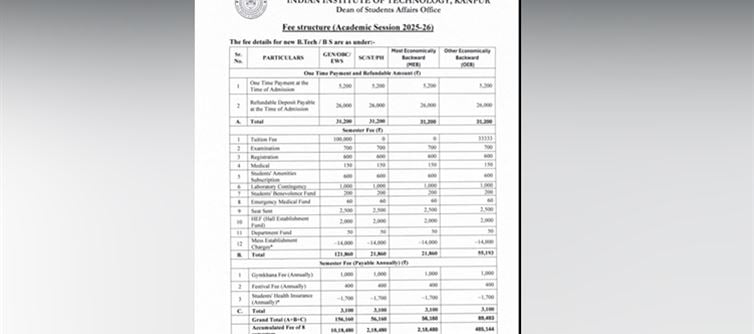
The intention behind reservations and financial waivers was originally to uplift historically disadvantaged communities and provide equal access to education. However, over time, many argue that the current implementation has gone from being a tool of empowerment to a system that sidelines students who perform exceptionally well but don't fall under any reserved category. General category students, despite scoring nearly double in competitive exams, are required to bear the full financial burden of their education, while lower-scoring candidates gain subsidized access to the same elite institutions — creating a situation that feels unfair to those on the sharper end of the merit scale.
This isn’t just about money or rank — it’s about the emotional and psychological toll on students who feel punished for being born into an unreserved category. The sense of injustice breeds frustration, not just in academic spaces but in the larger social fabric where merit is supposed to be the cornerstone of opportunity. If the system continues to operate on such disproportionate parameters, it risks alienating a generation of high achievers who begin to see hard work as futile in a landscape where caste trumps capability. A re-evaluation of the balance between social justice and merit-based recognition is long overdue if india is to truly reward excellence and ensure equal opportunity for all.




 click and follow Indiaherald WhatsApp channel
click and follow Indiaherald WhatsApp channel